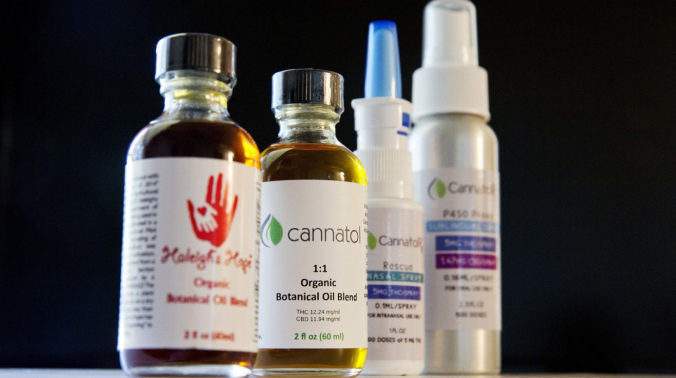Using CBD oil for the treatment of certain conditions such as cancer, Parkinson’s, and epilepsy has been legal in Georgia since 2015. However, one high school football player in Macon is learning, just because it’s legal, doesn’t necessarily mean it is accepted or understood. At the center of this confusion, is CJ Harris’ high school campus where he is the first legal medical marijuana patient in the school district.
To control his seizures, CJ takes Haleigh’s Hope, a hemp extract oil that is rich in naturally occurring cannabinoids, including CBD. While CJ was attending a private school, there was no problem with the teenager taking his CBD oil during his lunch break at school. However, after transferring to a public school, the rules quickly changed. Now, one of CJ’s parents must come to school every day, check him out of school, and bring him home so that he can take his required medicine.
Before CBD oil, CJ was having at least one or two seizures per month, and he wasn’t responding well to the side effects of traditional medications, which affected his mental state. The seizures would frequently cause him to fall and hit his head, causing further injury. Even the anxiety of waiting for the seizure had a significant impact on CJ’s life as he told a local television reporter, “I wake up every morning and I pray, ‘Please don’t let nothing happen today. Please don’t let nothing happen today.”
Since starting Haleigh’s Hope, CJ hasn’t had a single seizure.
Under Georgia law, families on the state’s medical marijuana patient registry are permitted to possess up to 20 ounces of low-THC cannabis oil to treat a host of ailments including epilepsy, cancer, Parkinson’s disease, HIV/AIDS, Alzheimer’s disease, and autism.
However, cannabis is still considered a federally illegal substance, and schools are afraid to put their federal funding at risk by engaging with an illegal substance.
In an emailed statement to The Telegraph, Houston County school district spokesperson, Beth McLaughlin, described the dilemma school administrators face. “By law, the only person whose name is on the registration card issued by the Department of Public Health for cannabis oil may store the oil, she said. “In addition, per the Safe and Drug Free Schools federal law, the oil may not be brought onto school grounds.”
State Representative Allen Peake, who helped advocate for Georgia’s medical marijuana laws in 2015, is helping hundreds of families like the Harris’ access low-THC oil cannabis oil. As the laws continue to change across the nation, more people (including students) will be turning to various cannabis therapies.
“Stories like this are happening and will be happening all over our state as the medical cannabis law continues to expand,” Peake said. “I’m looking for education administration officials to show some courage and do what’s in the best interest of students.”

